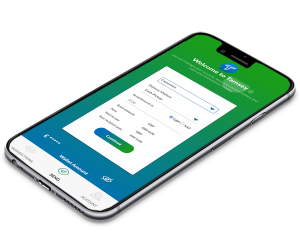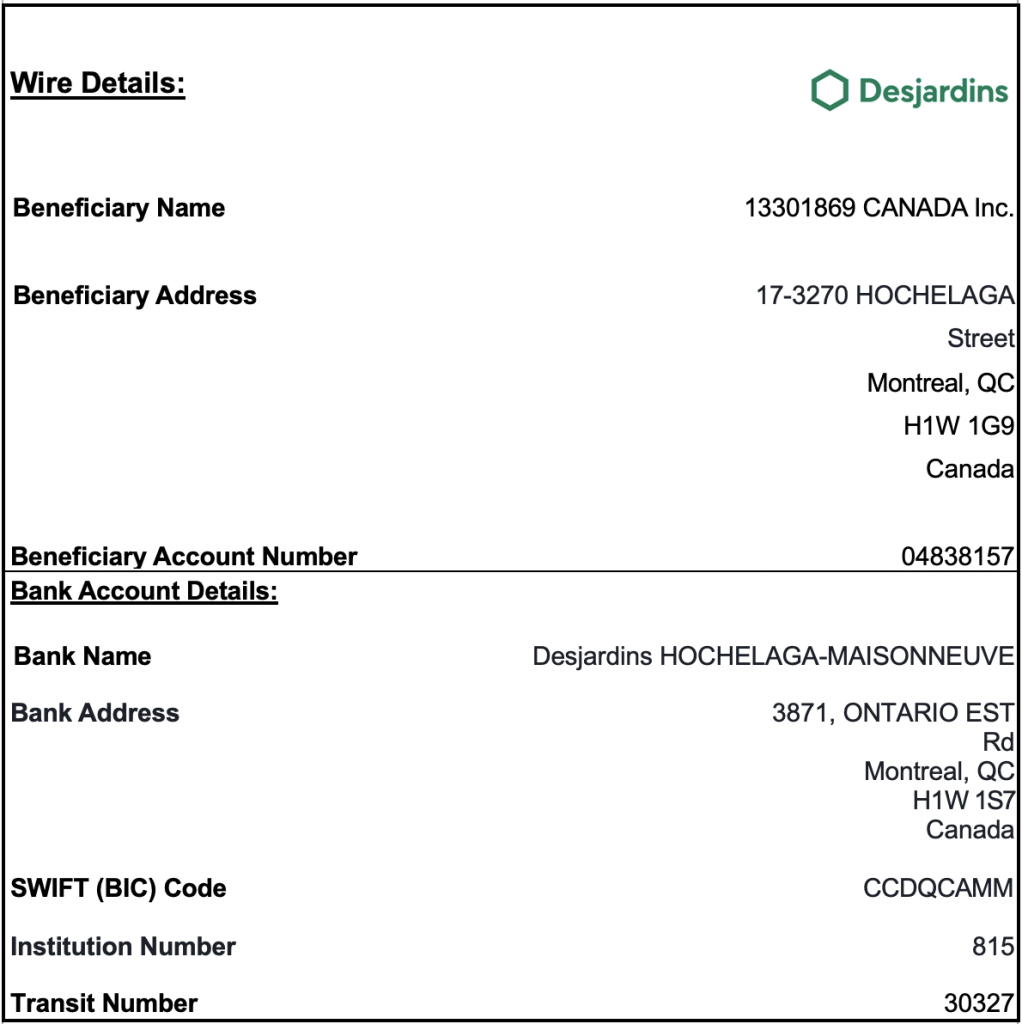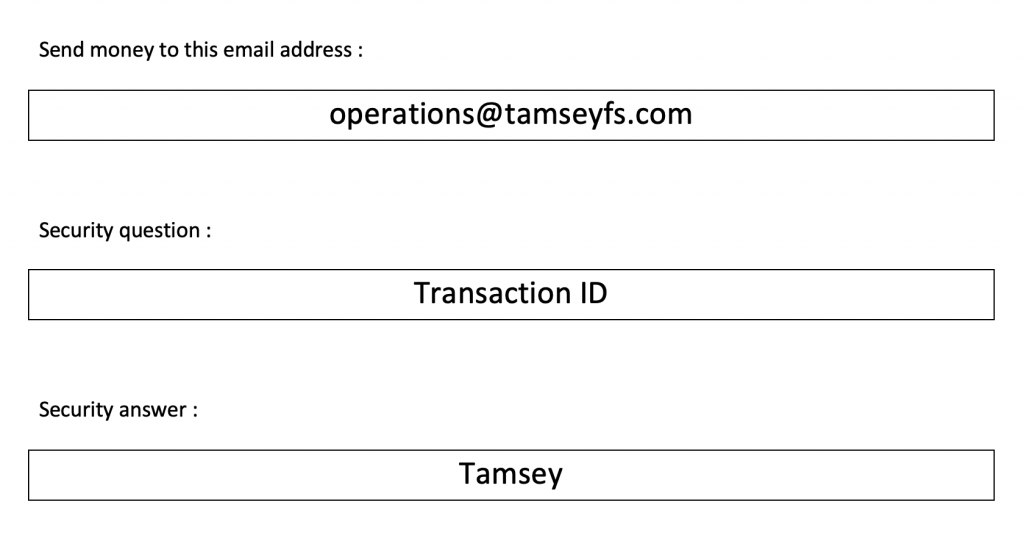In today’s interconnected world, where borders are increasingly fluid and commerce knows no bounds, international money transfers have become an indispensable tool. Whether it’s supporting loved ones abroad, conducting business with global partners, or investing in foreign markets, the ability to move money across borders efficiently and securely is essential. However, amidst the convenience and opportunities, lurk various risks that demand careful consideration and proactive measures to mitigate. In this comprehensive guide, we’ll delve deeper into the intricacies of international money transfers, exploring the associated risks and the robust security measures you can employ to safeguard your finances.
Understanding the Risks:
Fraud and Scams:
International money transfers are prime targets for fraudsters and scammers who exploit vulnerabilities in the system to deceive unsuspecting individuals and businesses. From phishing scams and identity theft to counterfeit payments and fraudulent investment schemes, the range of fraudulent activities is vast and evolving.
Fraudsters often impersonate legitimate financial institutions or use sophisticated tactics to trick individuals into divulging sensitive information or transferring funds to fraudulent accounts. Once the money is sent, it can be challenging to recover, leaving victims at a significant financial loss.
Compliance and Regulatory Risks:
Conducting international money transfers requires adherence to complex regulatory frameworks governing financial transactions, both domestically and internationally. Failure to comply with these regulations can have severe consequences, including legal sanctions, hefty fines, and the freezing of funds.
Regulatory requirements vary from one country to another and may include stringent Know Your Customer (KYC) procedures, Anti-Money Laundering (AML) measures, and reporting obligations. Non-compliance not only exposes individuals and businesses to legal risks but also undermines the integrity of the global financial system.
Exchange Rate Fluctuations:
Currency exchange rates are inherently volatile, subject to various economic, political, and market factors. Fluctuations in exchange rates can significantly impact the value of transferred funds, leading to unexpected losses or reduced purchasing power for both senders and recipients.
Sudden shifts in exchange rates, especially during large transactions or over extended periods, can have profound implications for individuals and businesses engaged in international trade, investment, or remittances. Managing currency risk effectively is essential to mitigate potential losses and optimize financial outcomes.
Operational Risks:
The transfer process itself is susceptible to operational risks, including technical glitches, system failures, or human error within financial institutions or transfer platforms. Even minor disruptions or delays can result in inconvenience, frustration, and, in some cases, loss of funds.
Dependable infrastructure, robust security protocols, and effective risk management systems are essential to minimize operational risks and ensure the smooth and reliable execution of international money transfers. Additionally, contingency plans and backup procedures can help mitigate the impact of unforeseen disruptions.
Security Measures:
Choose Reputable Service Providers:
When selecting a provider for international money transfers, prioritize reliability, reputation, and trustworthiness. Opt for well-established financial institutions or reputable money transfer services with a proven track record of security and customer satisfaction.
Conduct thorough research, read reviews, and seek recommendations from trusted sources to identify providers that prioritize security, transparency, and regulatory compliance. Remember that the cheapest or fastest option may not always be the most secure or reliable choice.
Encryption and Secure Channels:
Ensure that all communication and transactions related to international money transfers are conducted through encrypted channels to protect sensitive data from interception or unauthorized access. Encryption technology scrambles information during transmission, making it indecipherable to unauthorized parties.
Look for providers that employ robust encryption protocols, such as Secure Sockets Layer (SSL) or Transport Layer Security (TLS), to safeguard your personal and financial information. Verify that the provider’s website URL begins with “https://” and look for security certifications or seals of approval.
Identity Verification:
Implement stringent identity verification measures for both senders and recipients to mitigate the risk of fraudulent transactions. Require official identification documents, such as passports or government-issued IDs, and verify the authenticity of recipient details before initiating a transfer.
Some providers offer advanced identity verification solutions, such as biometric authentication or facial recognition technology, to enhance security and prevent unauthorized access or fraudulent activity. By verifying the identities of both parties involved in the transfer, you can minimize the risk of fraud and ensure compliance with regulatory requirements.
Compliance with Regulations:
Stay informed about the regulatory requirements governing international money transfers in both the sender’s and recipient’s countries to ensure compliance and mitigate legal risks. Familiarize yourself with Know Your Customer (KYC) procedures, Anti-Money Laundering (AML) regulations, and reporting obligations applicable to your transactions.
Choose providers that prioritize regulatory compliance and adhere to international standards and best practices in financial services. Look for certifications or accreditations from regulatory authorities or industry organizations to verify the provider’s commitment to compliance and security.
Monitor Exchange Rates:
Keep a close eye on exchange rate trends and fluctuations to make informed decisions about when to initiate international money transfers. Monitor currency markets, economic indicators, and geopolitical developments that may influence exchange rate movements and impact the value of your funds.
Consider utilizing currency exchange services or tools that offer real-time exchange rate quotes, historical data, and customizable alerts to help you identify favorable opportunities and minimize currency risk. By staying proactive and informed, you can optimize the timing of your transfers and maximize the value of your funds.
Transaction Tracking and Confirmation:
Choose money transfer services that offer robust transaction tracking and confirmation features to monitor the progress of your transfers in real time. Receive instant notifications or updates at each stage of the transfer process, from initiation to completion, to ensure transparency and peace of mind.
Confirm the details of your transaction, including the amount sent, exchange rate applied, fees deducted, and expected delivery time, to verify the accuracy and completeness of the transfer. Report any discrepancies or irregularities promptly to the provider’s customer support team for resolution and follow-up.
Educate Yourself:
Stay educated and informed about common scams, fraud tactics, and security best practices related to international money transfers. Familiarize yourself with the warning signs of fraudulent activity, such as unsolicited requests for personal information, unrealistic promises of high returns, or pressure to act quickly.
Take advantage of resources, guides, and educational materials provided by reputable financial institutions, regulatory authorities, and consumer advocacy organizations to enhance your knowledge and awareness. By arming yourself with information and adopting a vigilant mindset, you can better protect yourself against potential risks and make informed decisions about international money transfers.
International money transfers play a pivotal role in our increasingly globalized economy, facilitating cross-border transactions, enabling financial inclusion, and driving economic growth. However, navigating the risks inherent in international money transfers requires diligence, awareness, and proactive risk management strategies.
By understanding the diverse risks involved, from fraud and compliance issues to exchange rate fluctuations and operational challenges, individuals and businesses can take proactive measures to safeguard their finances and mitigate potential losses. From choosing reputable service providers and implementing robust security measures to staying informed about regulatory requirements and monitoring exchange rate trends, there are numerous steps you can take to enhance the security and reliability of your international money transfers.
Ultimately, by prioritizing security, transparency, and compliance, you can confidently navigate the complexities of international money transfers, ensuring the integrity and safety of your financial transactions in an interconnected world. Remember that vigilance and informed decision-making are your strongest allies in safeguarding your finances and achieving your international financial goals.



